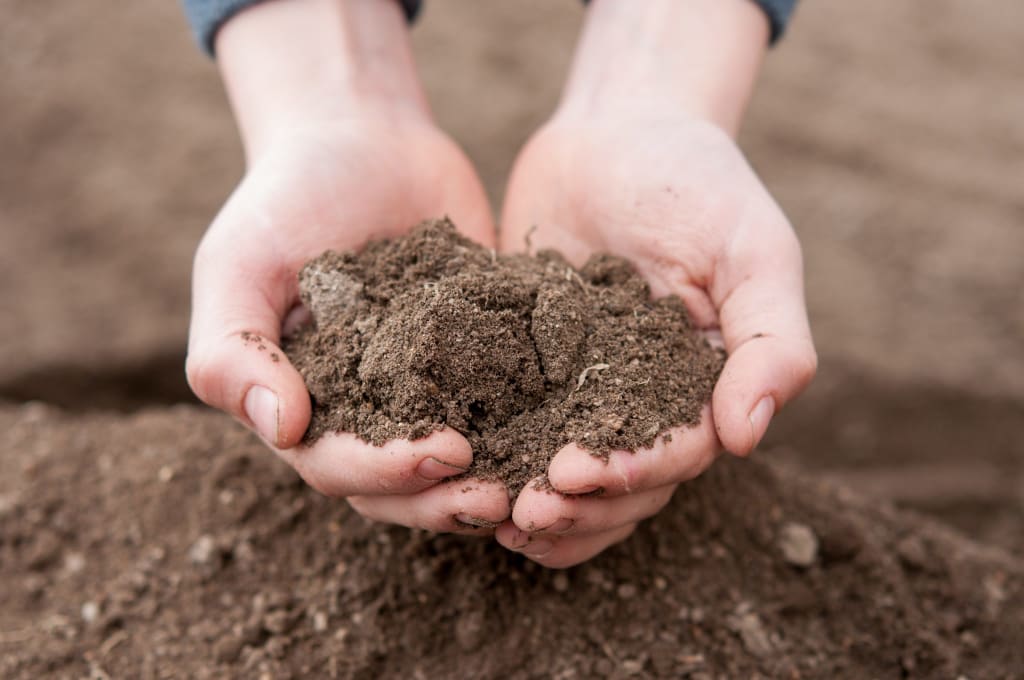What is the Importance of Soil Investigation?
Facts About the Soil Investigation

Soil Investigation is an abbreviation of Soil Science, which is an essential part of soil science. Soil investigation is carried out by soil scientists or soil technologists to gain information on an area's Soil's specific physical characteristics, especially to establish or analyze the suitability of the selected Soil for particular applications. The Soil has the most outstanding value as a natural resource since it has been used since the inception of agriculture and is used for the cultivation of food grains, feed crops, gardens, and even saplings, for its rich biological content that helps in the production of food, fuel, and other products. Soil is also considered an effective layer for controlling climate. Soil determines the amount of sunlight, temperature, humidity, and rainfall that ultimately affects the plant growth and the quality of the plants.
Soil is the major contributor to air quality throughout the world. Soil determines the texture and elasticity of the Soil, and the ability of the Soil to absorb water, sunlight, and nutrients. Soil quality affects the growth of plants and their yield. Soil plays a vital role in agriculture and environmental management. Soil evaluation, diagnosis, and applications are crucial for maintaining quality Soil.
Categories of the Soil - Soil Investigation
Soil is categorized into three types: primary, secondary, and tertiary. The Soil in areas that are most susceptible to flooding should be categorized as primary silt-based, secondary silt-based, and tertiary silt-based Soil. The Soil in mountainous regions should be classified as primary silt-based Soil and secondary silt-based Soil. Soil that experiences year-round freezing conditions needs to be frozen-treated in order to prevent freeze-treatments from affecting the plant's health.
Soil analysis techniques include Soil Type Locating, Soil Characterization, and Soil Investigation. Soil type Locating is a procedure used to determine the exact condition of the Soil. Soil Characterization is performed to reveal the quality of the Soil. Soil Investigation involves a detailed examination of the Soil with instruments like Soil Samples, Soil Analysis Kits, and Soil Analysis Devices.
Process of the Soil
Soil testing is a process used to check the quality of the Soil. Soil testing can be done onsite or in the field. In onsite testing, samples of the Soil are taken and analyzed using Soil Testing Kits. Field testing is a complete test of the Soil in a given area without taking samples. Soil samples are collected and tested on a regular basis. Soil samples may also be taken from the surface of the earth by drilling holes and collecting a Soil sample.
Soil Analysis and Sampling
Soil analysis tools and services are readily available in the market. Soil samples can be sent to various testing laboratories for detailed Soil analysis and testing. Soil Quality Assurance Labels will also be an added advantage in the analysis of Soil. Labels are self-explanatory labels that provide accurate information about the Soil type, Soil moisture level, Soil fertility level, and Soil compaction.
Testing Kits and Services - Soil
Soil testing kits and services are very useful in determining Soil fertility and testing the condition of Soil. Soil testing is one of the most important aspects of Soil Management. Soil fertility is defined as the capacity of soil to retain moisture so that plants can grow properly. Soil fertility is influenced by Soil texture, Organic matter, Humidity, Availability of nutrients, Climate, and other Soil characteristics.
Tools - Soil Analysis
Soil Analysis tools help in testing Soil fertility and identify areas that need Soil improvement. Soil analysis can be used for various Soil Management Applications. Soil quality can be improved by increasing the amount of organic matter in Soil, proper aeration, adding suitable nutrients to Soil to improve Soil fertility, and testing the quality of Soil. Soil tests can be used to determine soil fertility and condition. Soil quality can be improved by adding suitable organic matter in Soil, proper aeration, adding suitable nutrients to Soil to improve Soil fertility, and testing the quality of Soil.
About the Creator
Ana Jackson
Hey, this is Ana Jack and I'm a professional content writer and promoter with many years of experience. Here you can find all educational or business-related articles or content.






Comments (1)
Soil analysis is very important. But the correctness of the method of sampling soil analysis and the technique of its implementation are the most important condition for the reliability of the data obtained. I advise you to learn more about how soil sampling is done correctly here https://ozex.com.au/soil-sampling